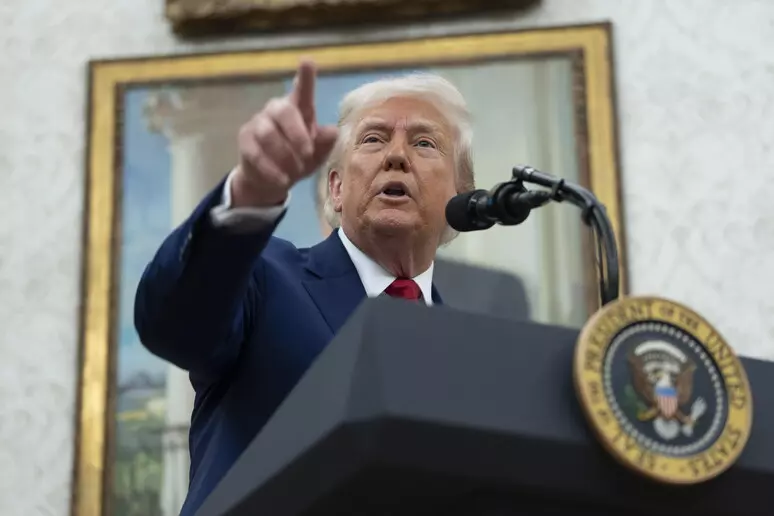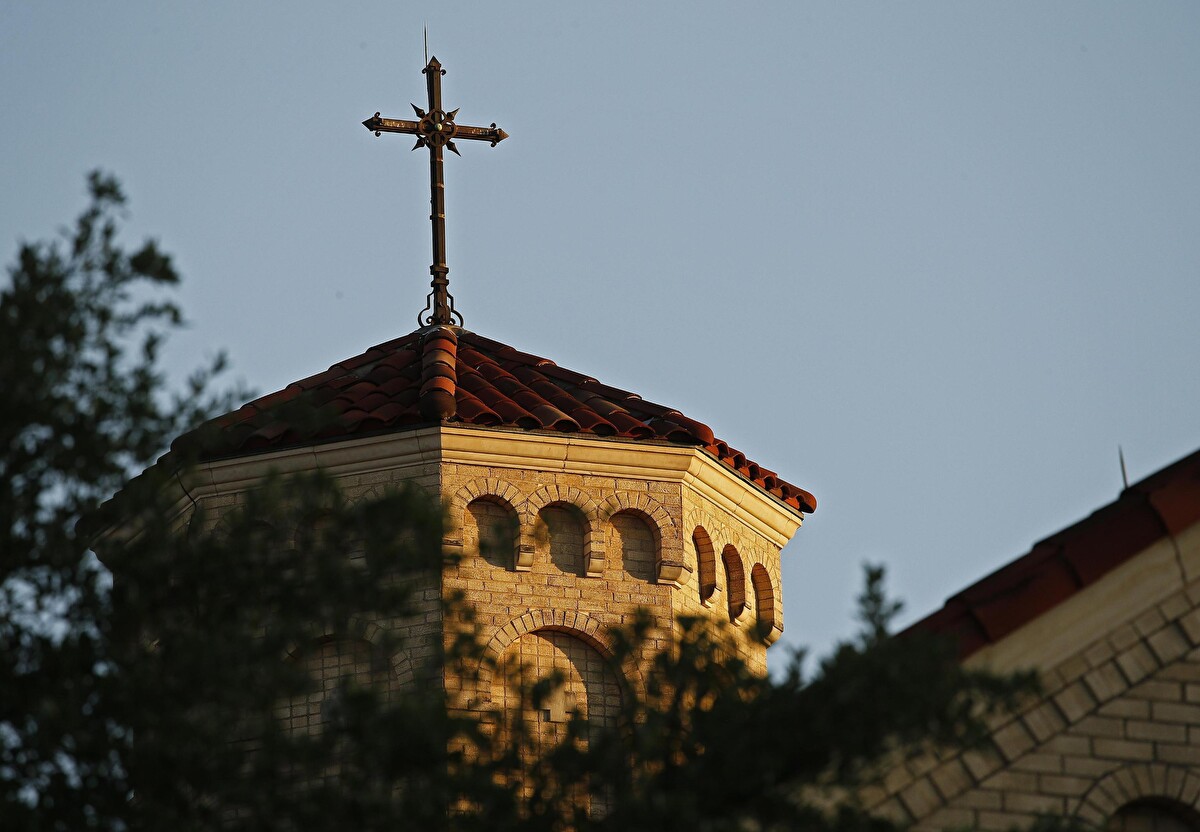DTTM Operations LLC, the entity that manages trademarks on behalf of President Donald Trump, has filed an application to use his name and the term “T1” to launch a new series of telecommunications services.
The applications specifically cover cell phones, cases, chargers, and mobile phone services, as well as potentially retail stores to market them. The applications were filed with the US Patent and Trademark Office on Thursday.
“While a trademark filing doesn’t guarantee a product launch, the specificity of the applications points to serious consideration,” Josh Gerben, a trademark attorney and founder of Gerben IP law firm, said on Friday. “It would mark a significant expansion for Trump’s private business, which has historically focused on real estate, hospitality, and branded merchandise.”
According to Gerben, the documents suggest that plans may be in the works to launch a new Trump-branded mobile phone or service to compete with Verizon Communications Inc., AT&T Inc., and T-Mobile US Inc.
In the recent past, the U.S. president has often been the protagonist of similar business initiatives, light years away in some ways from the political sphere, launched to grow his brand and, consequently, his earnings.
Over the past year, one of Trump’s biggest sources of income has been the $57,355,532 he received through his stake in World Liberty Financial, the cryptocurrency platform he launched last year. World Liberty’s digital token sales have been very profitable for Trump and his family.
Other products bearing his name have been equally lucrative. Trump sneakers and perfumes bearing his brand name, for example, have earned the president $2,500,000, while the “45” Guitars yielded an additional $1,055,100. Even the sale of the personalized Bible netted more than $1 million, while the sale of watches came close to $3 million.
This latest venture into an additional enterprise has reactivated scrutiny and criticism about the ethics of his presidency. Trump’s business interests, particularly in branding and merchandising, have remained active during his presidency, raising concerns about potential conflicts of interest. Unlike previous presidents who placed their assets in blind trusts or divested from private business ventures, Trump retained ownership of the Trump Organization, though at least nominally, he transferred management to his sons.
Ethics experts argue that these activities suggest an effort to monetize the presidency, especially since Trump is no longer facing reelection and has fewer incentives to impose restrictions on his business dealings.
Additionally, the Trump Organization has reportedly dropped its self-imposed prohibition on foreign business deals, which was in place during his first term. While Trump has defended his approach by pointing to his decision to step away from day-to-day business operations and donate his presidential salary, watchdog groups argue that these measures fall short of preventing conflicts of interest.












